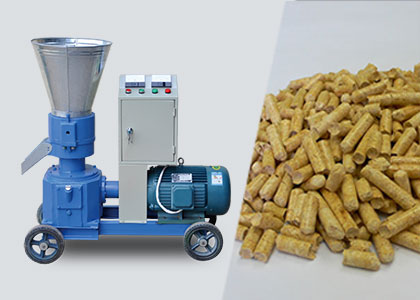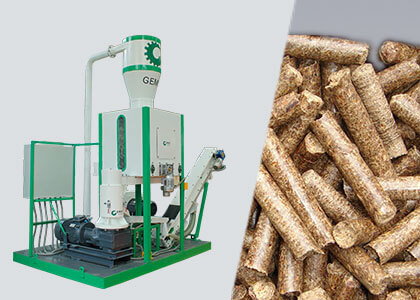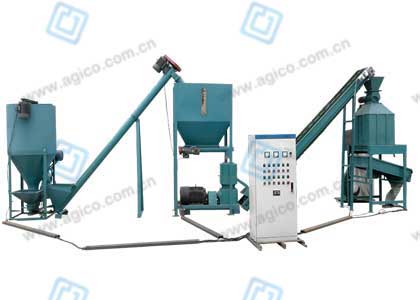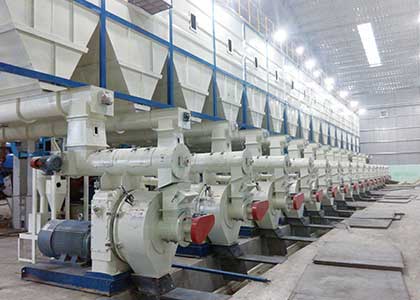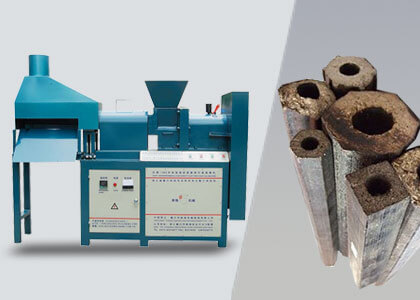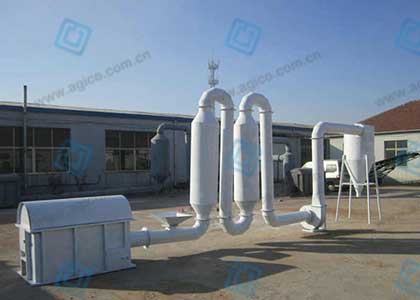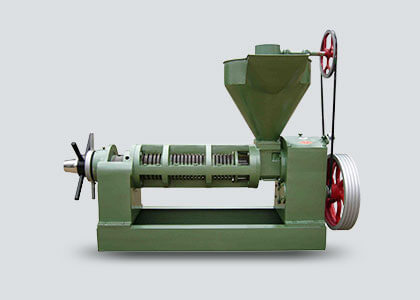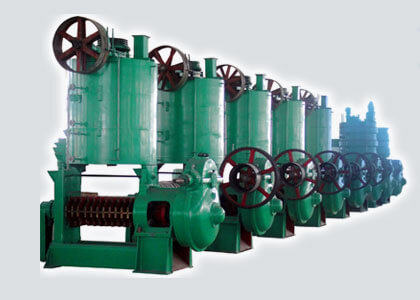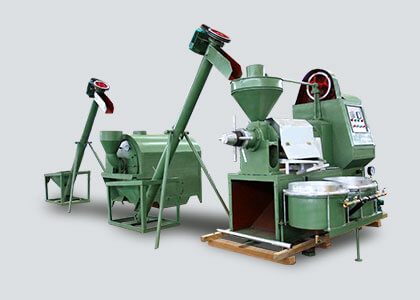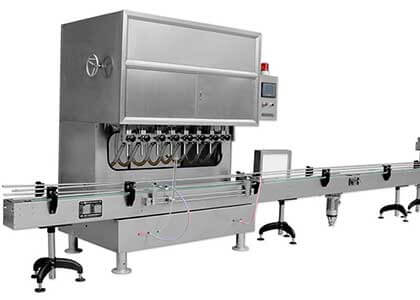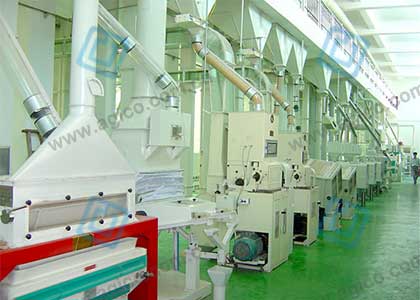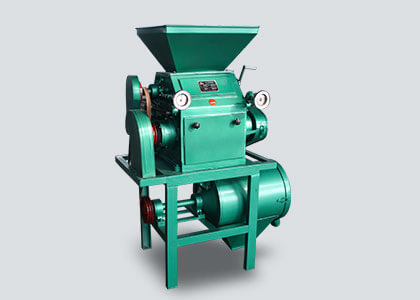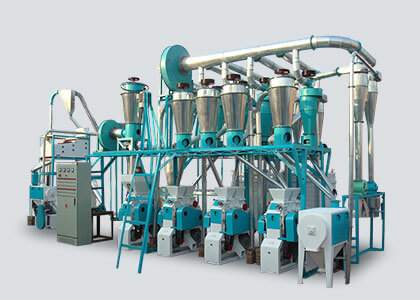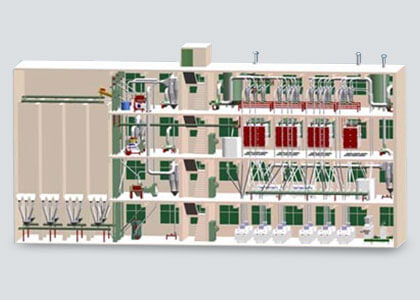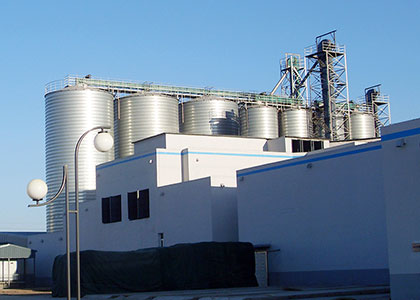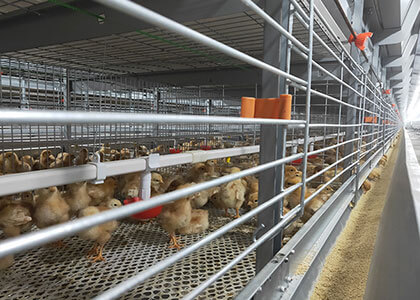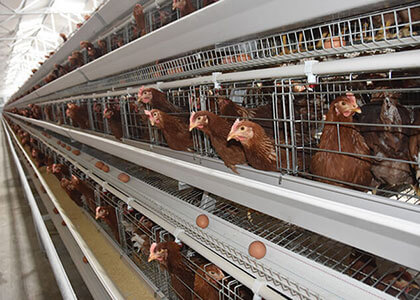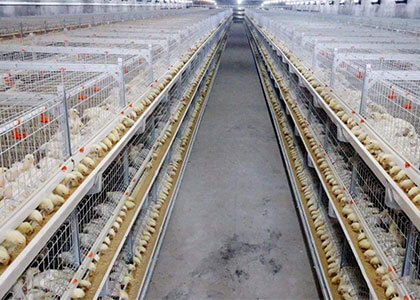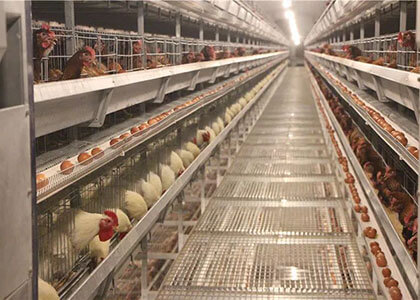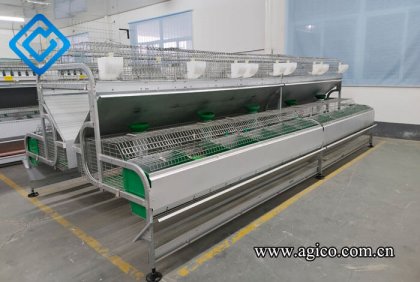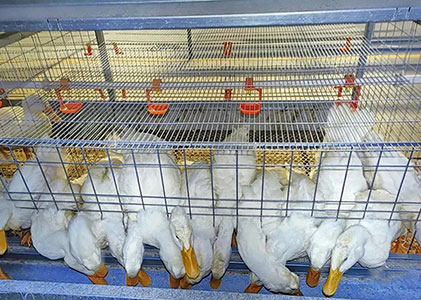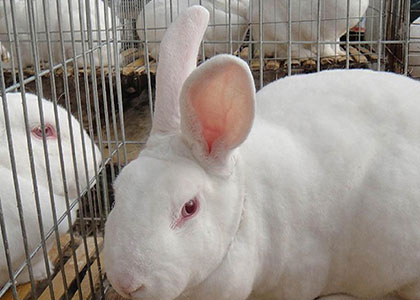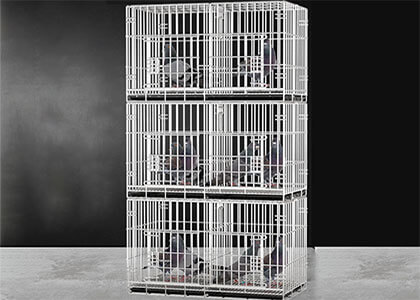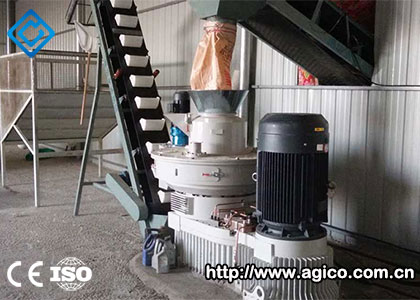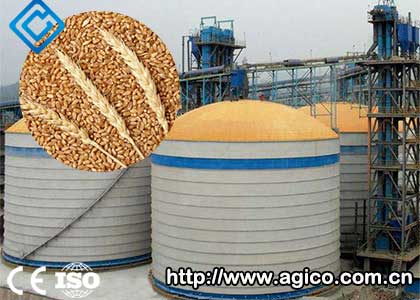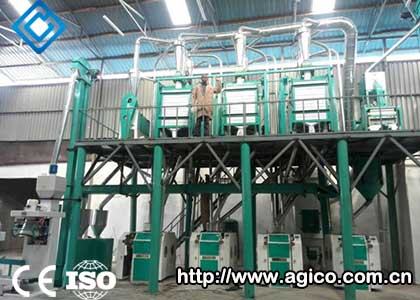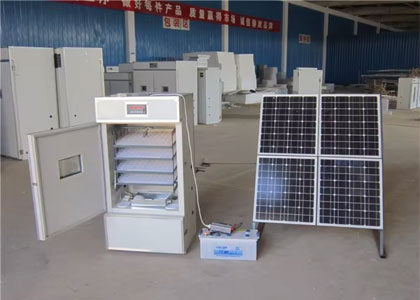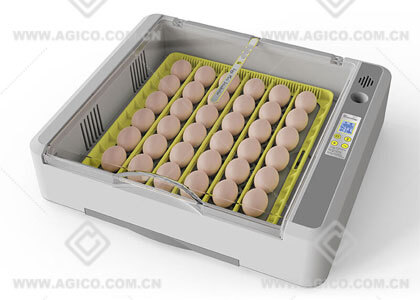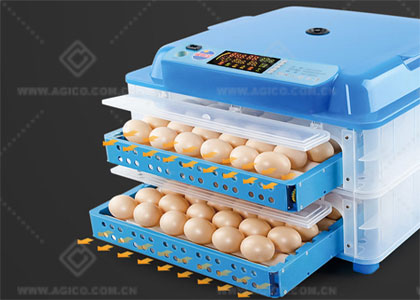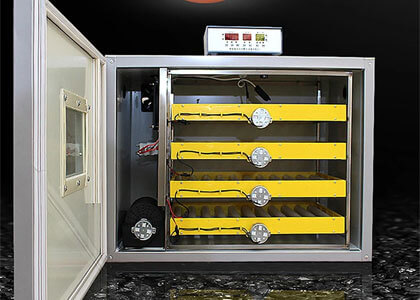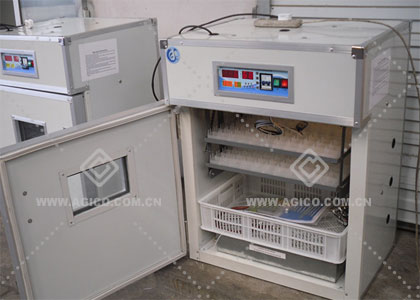Top 7 Must-Have Poultry Farm Equipment for Successful Farming
Having the right equipment is crucial for the success of any poultry farm. In this article, we will discuss the top 7 must-have poultry farm equipment for successful farming. Whether you are a small-scale farmer or managing a large commercial farm, having the right equipment list can make all the difference in your farm's productivity and profitability. We will explore each equipment's features and benefits, as well as why they are essential for a successful poultry operation. By the end of this article, you will have a better understanding of the poultry farm equipment list and how it can improve your farm's overall efficiency and profitability.
Poultry Housing and Environment Equipment
Proper housing and environment play a crucial role in the health and productivity of poultry. Investing in the right equipment can ensure a comfortable and safe environment for the chicken. Here are some must-have equipment for poultry housing and environment:
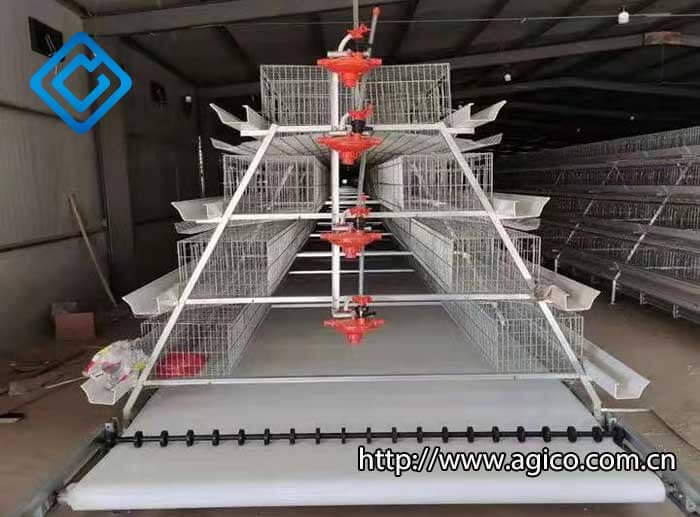
Poultry House
A suitable poultry house is a first and foremost requirement for poultry farming. The house should be spacious enough to provide ample space for the chicken to move around and have proper ventilation to maintain air quality.
Lighting Equipment
Adequate lighting is essential for the growth and development of poultry. The lighting should be set up to mimic natural daylight and darkness to regulate the chicken' sleep and wake cycles.
Temperature Control Equipment
The temperature in the poultry house should be maintained at an optimal level for the chicken' comfort and health. Equipment such as heaters, fans, and ventilation systems can help regulate the temperature and airflow.
Waste Management Equipment
Proper waste management is essential for maintaining a clean and healthy environment for the chicken. Equipment such as manure removal systems and litter materials can help manage waste effectively.
FAQs
How much space is needed per chicken in a poultry house?A minimum of 2-3 square feet of floor space is required per chicken in a poultry house.
What is the ideal temperature range for a poultry house?The ideal temperature range for a poultry house is between 65-75°F (18-24°C) for young chicken and 75-85°F (24-29°C) for mature chicken.
Investing in suitable poultry housing and environmental equipment is crucial for successful poultry farming. By providing a comfortable and safe environment, poultry farmers can ensure the health and productivity of their chicken.
Feeding and Watering Equipment
Proper feeding and watering are crucial for the health and growth of poultry on a farm. In this section, we will discuss the must-have equipment for feeding and watering your poultry.
Chicken Feeder Machines
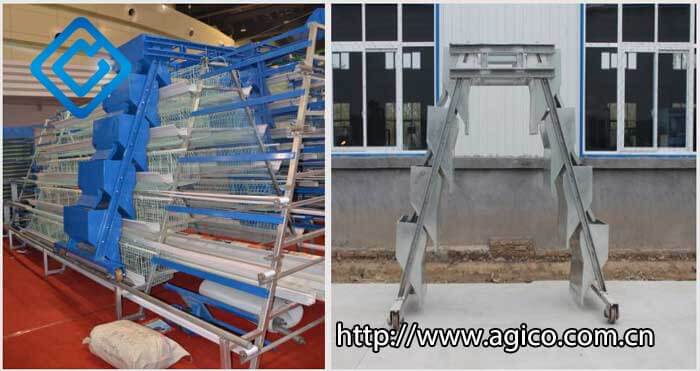
Chicken feeder machines come in different sizes and types, including trough feeders, tube feeders, and automatic feeders. They help to provide the right amount of feed for the chicken and minimize waste.
Poultry Drinking Systems
Poultry drinking systems ensure that your birds have access to clean and fresh water at all times. Examples include nipple drinkers, bell drinkers, and cup drinkers.
Feed and Water Storage Containers
These containers help to store the feed and water before they are given to the birds. They should be made of food-grade materials and should be easy to clean and maintain.
FAQs
What kind of feeders are best for my poultry?The type of feeder you choose depends on the size and age of your poultry. Tube feeders are ideal for chicks, while trough feeders are better for mature birds.
How much feed and water do my chickens need each day?The amount of feed and water your chickens need depends on their age and breed. As a general rule, adult birds need about 1/4 to 1/3 pound of feed and 1/2 to 1 cup of water per day.
Proper feeding and watering equipment is essential for the health and productivity of your poultry farm. Make sure to invest in high-quality equipment and maintain it regularly to ensure the best results.Chicken feeder machines.
Egg Collection Equipment
Proper egg collection is crucial for maintaining the quality and safety of eggs for consumption. The use of automatic egg collection systems, such as egg collecting machines, can greatly improve efficiency and reduce the risk of damage to the eggs.
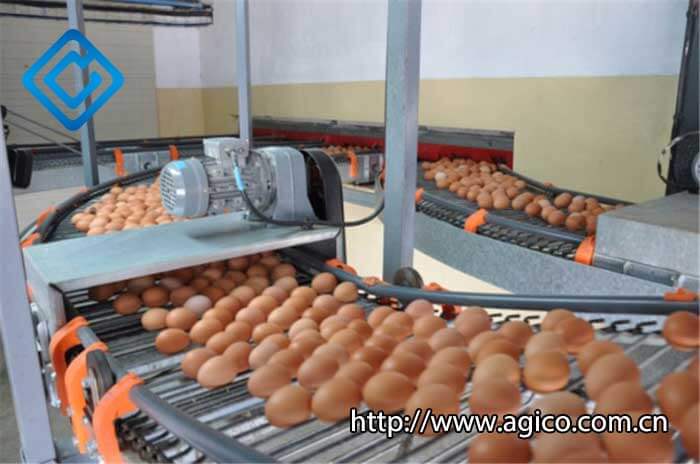
Here are some must-have egg collection equipment for poultry farms:
Automatic chicken egg collector: These machines can collect eggs at regular intervals, reducing the need for manual egg collection and minimizing egg breakage.
Nest boxes: These provide a comfortable and clean environment for hens to lay their eggs.
Egg belts and elevators: These transport the eggs from the nest boxes to the egg collection area, reducing the risk of damage.
Egg washers and sanitizers: These machines clean and sanitize the eggs, improving their quality and safety.
FAQs
How often should I collect eggs from my poultry house?Eggs should be collected at least once daily to ensure they are fresh and not left for too long in the nest boxes.
Incubation and Hatching Equipment
Proper incubation and hatching are crucial for successful poultry farming. The equipment used for incubation and hatching plays a vital role in ensuring the health and productivity of your flock. Here are some must-have incubation and hatching equipment:
Incubator
An incubator is a piece of equipment used to simulate the conditions necessary for eggs to hatch. It maintains the temperature and humidity required for the eggs to develop properly. There are many different types of incubators available, including still-air incubators, forced-air incubators, and cabinet incubators.Egg Turner
An egg turner is a device that gently rotates the eggs in the incubator. This ensures that the developing embryo is not stuck to the inside of the eggshell, which can lead to developmental issues. Most incubators come with built-in egg turners, but there are also standalone egg turners available.
Candling Light
Candling is the process of shining a bright light through the egg to determine whether it is developing properly. A candling light is a specialized flashlight designed for this purpose. It allows you to see the embryo and determine whether it is alive and healthy.
Hatcher
A hatcher is a separate piece of equipment used to hatch the eggs. It provides the ideal environment for the chicks to emerge from their shells. Some incubators have a hatching tray built-in, but others require a separate hatcher.
FAQs
How long does it take for chicken eggs to hatch?It takes approximately 21 days for chicken eggs to hatch, although this can vary slightly depending on the breed of chicken and the conditions in the incubator.
What is the ideal temperature and humidity for incubating chicken eggs?The ideal temperature for incubating chicken eggs is between 99 and 101 degrees Fahrenheit (37-38 degrees Celsius), and the ideal humidity level is around 50-55%. It's essential to maintain consistent temperature and humidity levels throughout the incubation period to ensure healthy chick development.
Brooding Equipment
Proper brooding is crucial for the healthy growth and development of young chicks. This requires a warm, safe, and nurturing environment. Some essential brooding equipment includes brooders, heat lamps, feeders, drinkers, and bedding material. The brooder should be cleaned and disinfected before use, and the bedding material should be changed regularly. The temperature of the brooder should also be monitored regularly, and adjustments should be made as needed to ensure that the chicks are warm and comfortable.
FAQs
How long do chicks need to be under a brooder?Chicks need to be kept under a brooder for 4-6 weeks, or until they are fully feathered and able to maintain their body temperature.
What temperature should the brooder be for young chicks?The brooder temperature should be around 95-100°F for the first week, gradually decreasing by 5°F each week until the chicks are fully feathered.
Health and Safety Equipment
Maintaining a healthy and safe environment for poultry is essential for their well-being and productivity. Some must-have health and safety equipment includes first aid kits, predator control measures, biosecurity supplies, and proper ventilation systems. Regular cleaning and disinfection of the poultry house and equipment also play a critical role in preventing the spread of diseases. It is crucial to identify and address any signs of illness or injury in poultry as soon as possible to prevent the spread of diseases and potential losses.FAQs
How often should I clean and disinfect my poultry house?The poultry house should be cleaned and disinfected at least twice a year or between each flock, using appropriate disinfectants and cleaning supplies.
Miscellaneous Equipment
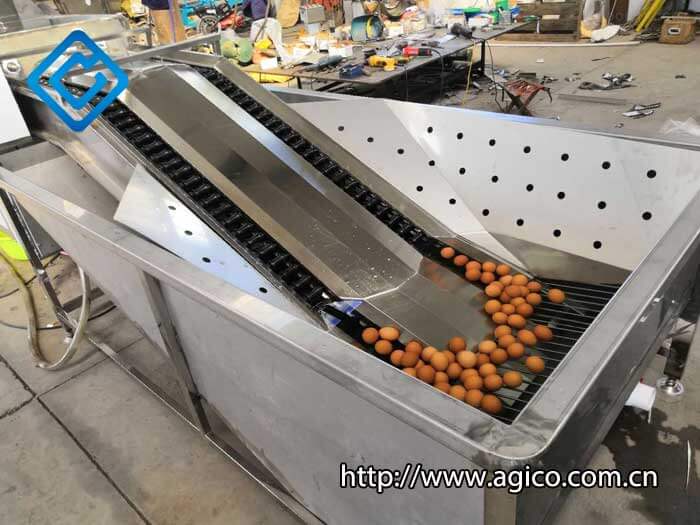
Aside from the essential equipment listed above, there are also several other pieces of equipment that are helpful to have on a poultry farm. These include egg washers, egg scales, egg coolers, and backup generators. Additionally, it is crucial to invest in high-quality equipment from reputable suppliers to ensure their longevity and functionality. AGICO is a professional poultry equipment supplier, which can provide you with high-quality poultry equipment.

